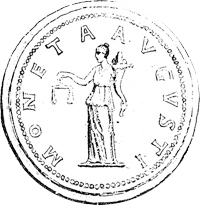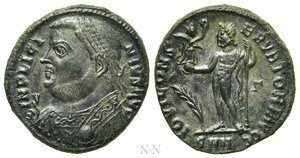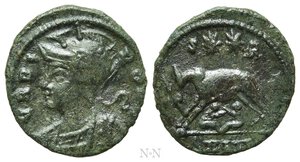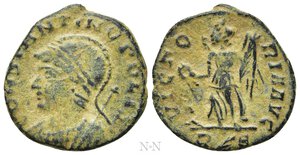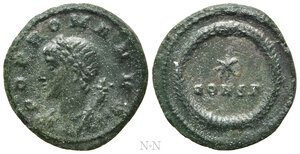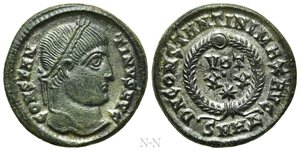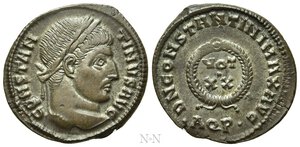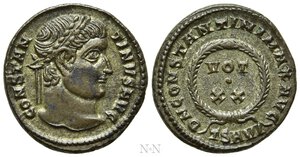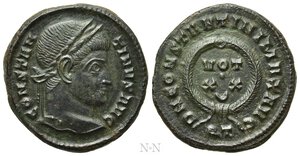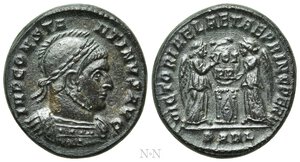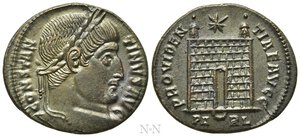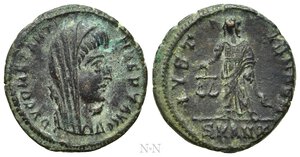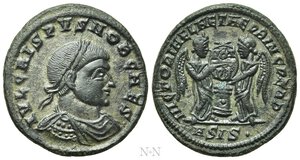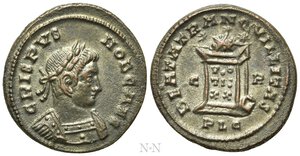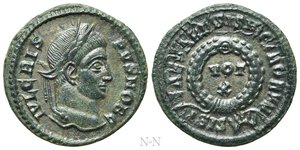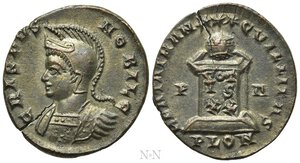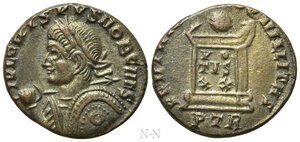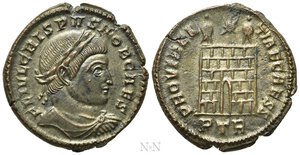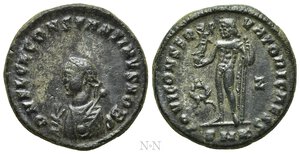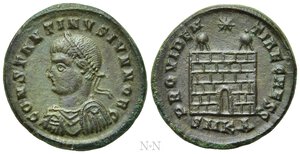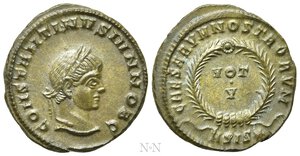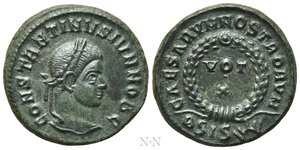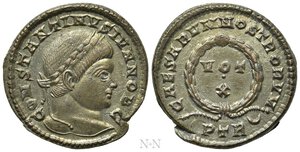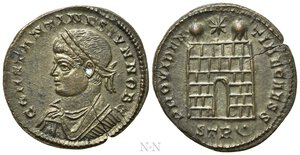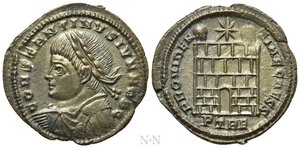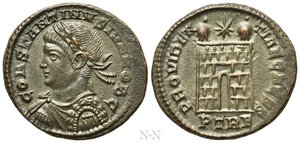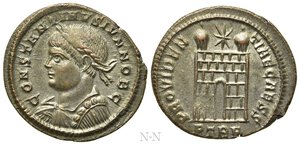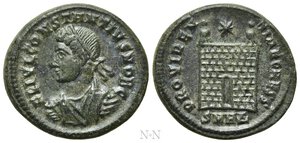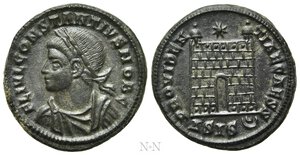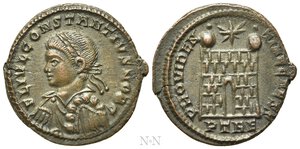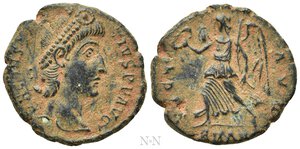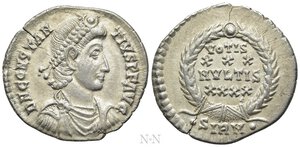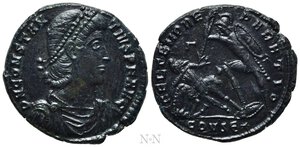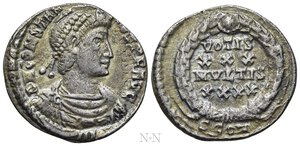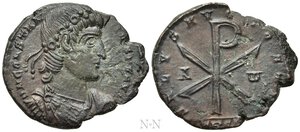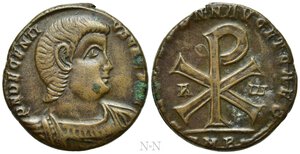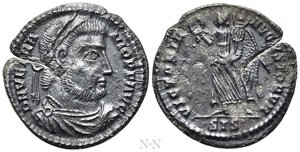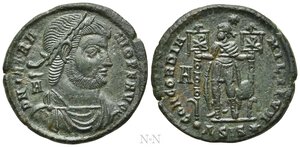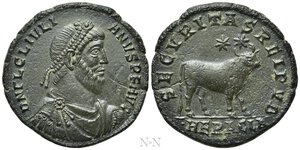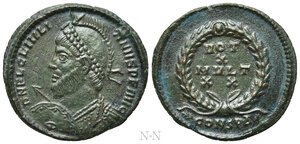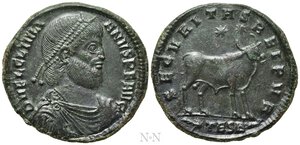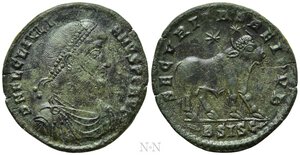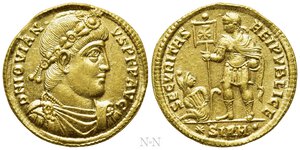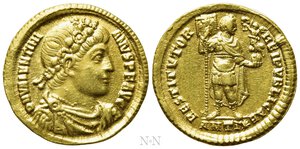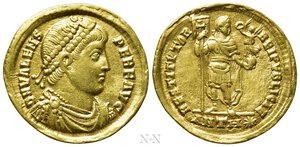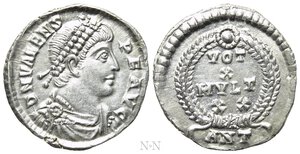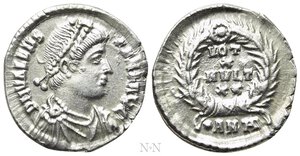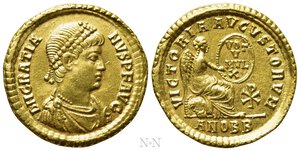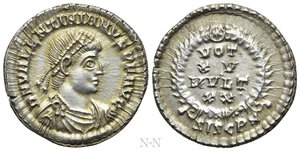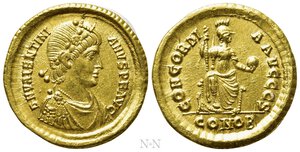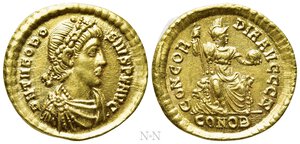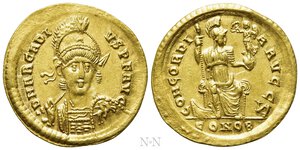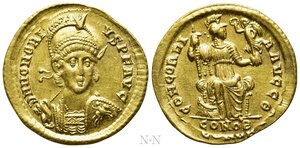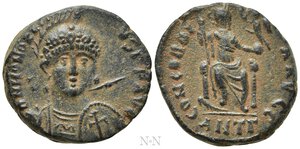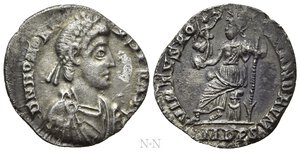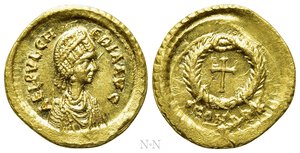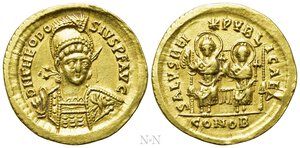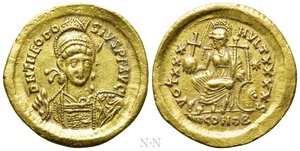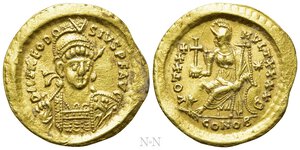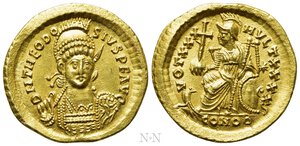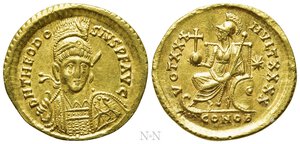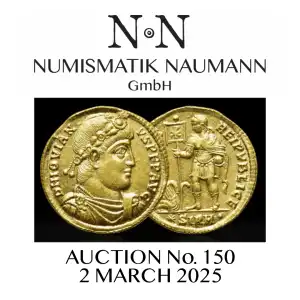Results from 541 to 600 of 607
Watch:
Starting price:
€ 40
€
B.P.: 18.90%
Closing on: 2025-03-02 15:00:00 Roma time
Watch:
Starting price:
€ 40
€
B.P.: 18.90%
Closing on: 2025-03-02 15:00:00 Roma time
Watch:
Starting price:
€ 40
Current bid:
€ 190
€
B.P.: 18.90%
Closing on: 2025-03-02 15:00:00 Roma time
Watch:
Starting price:
€ 40
Current bid:
€ 40
€
B.P.: 18.90%
Closing on: 2025-03-02 15:00:00 Roma time
Watch:
Starting price:
€ 40
€
B.P.: 18.90%
Closing on: 2025-03-02 15:00:00 Roma time
Watch:
Starting price:
€ 40
Current bid:
€ 40
€
B.P.: 18.90%
Closing on: 2025-03-02 15:00:00 Roma time
Watch:
Starting price:
€ 40
€
B.P.: 18.90%
Closing on: 2025-03-02 15:00:00 Roma time
Watch:
Starting price:
€ 40
€
B.P.: 18.90%
Closing on: 2025-03-02 15:00:00 Roma time
Watch:
Starting price:
€ 40
€
B.P.: 18.90%
Closing on: 2025-03-02 15:00:00 Roma time
Watch:
Starting price:
€ 40
Current bid:
€ 40
€
B.P.: 18.90%
Closing on: 2025-03-02 15:00:00 Roma time
Watch:
Starting price:
€ 40
€
B.P.: 18.90%
Closing on: 2025-03-02 15:00:00 Roma time
Watch:
Starting price:
€ 40
€
B.P.: 18.90%
Closing on: 2025-03-02 15:00:00 Roma time
Watch:
Starting price:
€ 40
€
B.P.: 18.90%
Closing on: 2025-03-02 15:00:00 Roma time
Watch:
Starting price:
€ 40
€
B.P.: 18.90%
Closing on: 2025-03-02 15:00:00 Roma time
Watch:
Starting price:
€ 40
Current bid:
€ 40
€
B.P.: 18.90%
Closing on: 2025-03-02 15:00:00 Roma time
Watch:
Starting price:
€ 40
€
B.P.: 18.90%
Closing on: 2025-03-02 15:00:00 Roma time
Watch:
Starting price:
€ 40
€
B.P.: 18.90%
Closing on: 2025-03-02 15:00:00 Roma time
Watch:
Starting price:
€ 40
€
B.P.: 18.90%
Closing on: 2025-03-02 15:00:00 Roma time
Watch:
Starting price:
€ 40
€
B.P.: 18.90%
Closing on: 2025-03-02 15:00:00 Roma time
Watch:
Starting price:
€ 40
€
B.P.: 18.90%
Closing on: 2025-03-02 15:00:00 Roma time
Watch:
Starting price:
€ 40
€
B.P.: 18.90%
Closing on: 2025-03-02 15:00:00 Roma time
Watch:
Starting price:
€ 40
€
B.P.: 18.90%
Closing on: 2025-03-02 15:00:00 Roma time
Watch:
Starting price:
€ 40
€
B.P.: 18.90%
Closing on: 2025-03-02 15:00:00 Roma time
Watch:
Starting price:
€ 40
Current bid:
€ 40
€
B.P.: 18.90%
Closing on: 2025-03-02 15:00:00 Roma time
Watch:
Starting price:
€ 40
€
B.P.: 18.90%
Closing on: 2025-03-02 15:00:00 Roma time
Watch:
Starting price:
€ 40
€
B.P.: 18.90%
Closing on: 2025-03-02 15:00:00 Roma time
Watch:
Starting price:
€ 40
€
B.P.: 18.90%
Closing on: 2025-03-02 15:00:00 Roma time
Watch:
Starting price:
€ 40
€
B.P.: 18.90%
Closing on: 2025-03-02 15:00:00 Roma time
Watch:
Starting price:
€ 40
Current bid:
€ 45
€
B.P.: 18.90%
Closing on: 2025-03-02 15:00:00 Roma time
Watch:
Starting price:
€ 40
€
B.P.: 18.90%
Closing on: 2025-03-02 15:00:00 Roma time
Watch:
Starting price:
€ 80
Current bid:
€ 130
€
B.P.: 18.90%
Closing on: 2025-03-02 15:00:00 Roma time
Watch:
Starting price:
€ 40
€
B.P.: 18.90%
Closing on: 2025-03-02 15:00:00 Roma time
Watch:
Starting price:
€ 40
Current bid:
€ 60
€
B.P.: 18.90%
Closing on: 2025-03-02 15:00:00 Roma time
Watch:
Starting price:
€ 80
Current bid:
€ 80
€
B.P.: 18.90%
Closing on: 2025-03-02 15:00:00 Roma time
Watch:
Starting price:
€ 80
Current bid:
€ 120
€
B.P.: 18.90%
Closing on: 2025-03-02 15:00:00 Roma time
Watch:
Starting price:
€ 400
Current bid:
€ 500
€
B.P.: 18.90%
Closing on: 2025-03-02 15:00:00 Roma time
Watch:
Starting price:
€ 80
Current bid:
€ 90
€
B.P.: 18.90%
Closing on: 2025-03-02 15:00:00 Roma time
Watch:
Starting price:
€ 80
Current bid:
€ 100
€
B.P.: 18.90%
Closing on: 2025-03-02 15:00:00 Roma time
Watch:
Starting price:
€ 40
Current bid:
€ 40
€
B.P.: 18.90%
Closing on: 2025-03-02 15:00:00 Roma time
Watch:
Starting price:
€ 80
Current bid:
€ 120
€
B.P.: 18.90%
Closing on: 2025-03-02 15:00:00 Roma time
Watch:
Starting price:
€ 40
Current bid:
€ 50
€
B.P.: 18.90%
Closing on: 2025-03-02 15:00:00 Roma time
Highlight
Watch:
Starting price:
€ 4'000
Current bid:
€ 4'750
€
B.P.: 18.90%
Closing on: 2025-03-02 15:00:00 Roma time
Watch:
Starting price:
€ 400
Current bid:
€ 800
€
B.P.: 18.90%
Closing on: 2025-03-02 15:00:00 Roma time
Watch:
Starting price:
€ 400
Current bid:
€ 800
€
B.P.: 18.90%
Closing on: 2025-03-02 15:00:00 Roma time
Watch:
Starting price:
€ 160
Current bid:
€ 160
€
B.P.: 18.90%
Closing on: 2025-03-02 15:00:00 Roma time
Watch:
Starting price:
€ 80
Current bid:
€ 80
€
B.P.: 18.90%
Closing on: 2025-03-02 15:00:00 Roma time
Watch:
Starting price:
€ 400
Current bid:
€ 2'200
€
B.P.: 18.90%
Closing on: 2025-03-02 15:00:00 Roma time
Watch:
Starting price:
€ 160
Current bid:
€ 850
€
B.P.: 18.90%
Closing on: 2025-03-02 15:00:00 Roma time
Watch:
Starting price:
€ 400
Current bid:
€ 1'500
€
B.P.: 18.90%
Closing on: 2025-03-02 15:00:00 Roma time
Watch:
Starting price:
€ 400
Current bid:
€ 1'300
€
B.P.: 18.90%
Closing on: 2025-03-02 15:00:00 Roma time
Watch:
Starting price:
€ 400
Current bid:
€ 675
€
B.P.: 18.90%
Closing on: 2025-03-02 15:00:00 Roma time
Watch:
Starting price:
€ 400
Current bid:
€ 625
€
B.P.: 18.90%
Closing on: 2025-03-02 15:00:00 Roma time
Watch:
Starting price:
€ 40
Current bid:
€ 40
€
B.P.: 18.90%
Closing on: 2025-03-02 15:00:00 Roma time
Watch:
Starting price:
€ 40
Current bid:
€ 65
€
B.P.: 18.90%
Closing on: 2025-03-02 15:00:00 Roma time
Highlight
Watch:
Starting price:
€ 800
Current bid:
€ 800
€
B.P.: 18.90%
Closing on: 2025-03-02 15:00:00 Roma time
Watch:
Starting price:
€ 400
Current bid:
€ 500
€
B.P.: 18.90%
Closing on: 2025-03-02 15:00:00 Roma time
Watch:
Starting price:
€ 400
Current bid:
€ 450
€
B.P.: 18.90%
Closing on: 2025-03-02 15:00:00 Roma time
Watch:
Starting price:
€ 320
Current bid:
€ 411
€
B.P.: 18.90%
Closing on: 2025-03-02 15:00:00 Roma time
Watch:
Starting price:
€ 320
Current bid:
€ 675
€
B.P.: 18.90%
Closing on: 2025-03-02 15:00:00 Roma time
Watch:
Starting price:
€ 400
Current bid:
€ 600
€
B.P.: 18.90%
Closing on: 2025-03-02 15:00:00 Roma time
Results from 541 to 600 of 607
